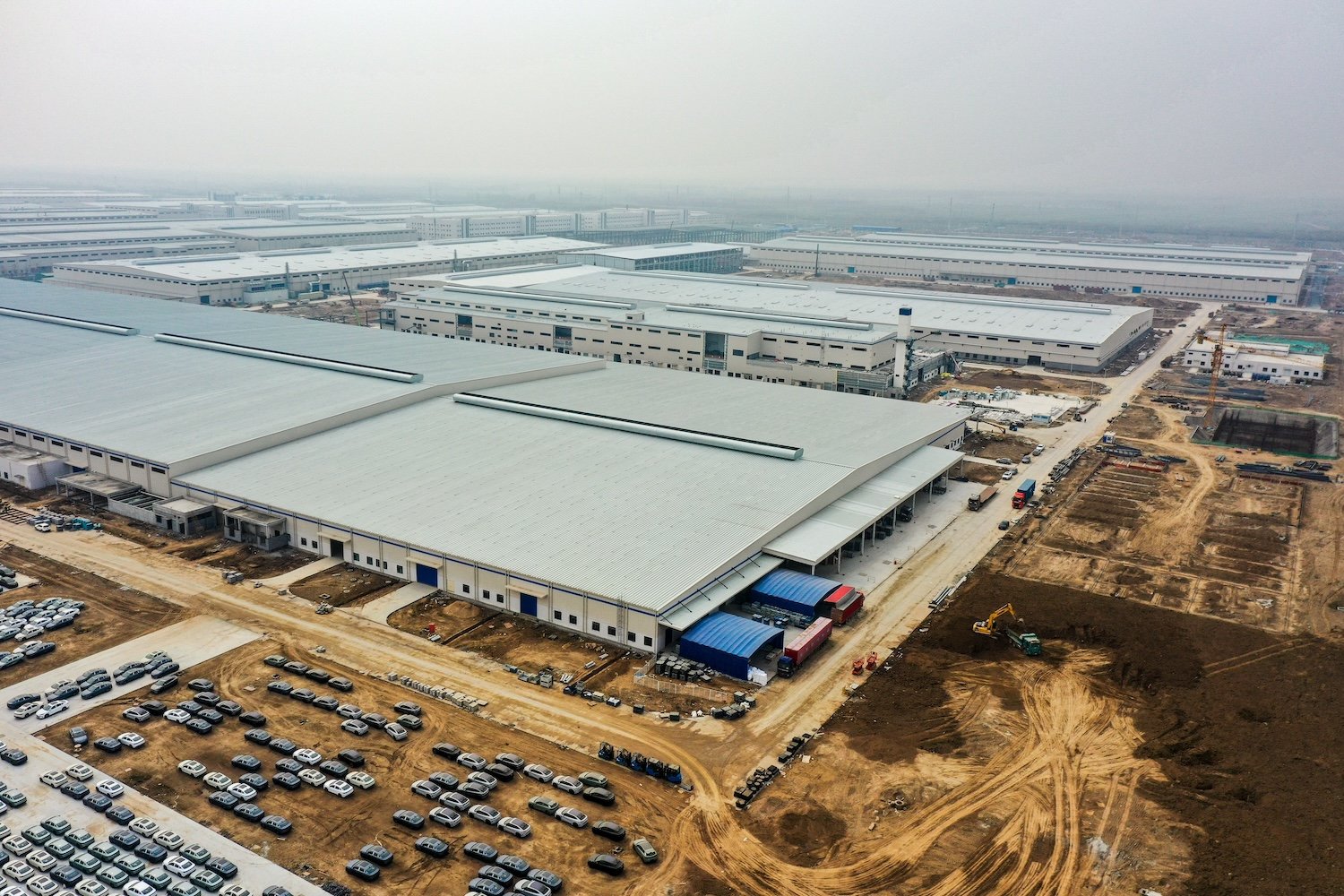The Rise of China’s Electric Vehicle Industry
China has often been criticized for not innovating and instead relying on exfiltrating intellectual property developed abroad, winning market share by undercutting rivals on price. However, now that the country has arguably surpassed the United States in electric vehicle technology, it is beginning to recognize the importance of protecting its domestic businesses in the free market.
Protection of Domestic Interests
According to a recent report by the Financial Times, Chinese authorities have delayed approval of a new BYD factory in Mexico due to concerns that the company’s electric vehicle technology will be accessed by Mexico, potentially allowing the United States to gain access to it as well. This decision highlights China’s growing emphasis on safeguarding its domestic interests and intellectual property.
A Shift in Priorities
The situation is eerily reminiscent of a "Spiderman pointing at Spiderman" scenario, where China is now protecting its own interests, much like the United States has done in the past. As the Financial Times notes:
Domestic automakers require approval from China’s commerce ministry to manufacture overseas, and it has yet to give approval, according to two people familiar with the matter.
Authorities feared Mexico would gain unrestricted access to BYD’s advanced technology and know-how, they said, even possibly allowing US access to it. "The commerce ministry’s biggest concern is Mexico’s proximity to the US," said one of the people.
BYD’s Rapid Growth
BYD has quickly become a major player in the electric vehicle market, outselling Tesla in 2024 with 3.4 million vehicles sold, compared to Tesla’s 1.7 million. The company is continuing to grow at a rapid pace, while Elon Musk’s company faces declining sales globally. BYD’s success can be attributed to its range of affordable electric cars, including the recently announced battery technology that can charge a vehicle in just five minutes.
China’s Masterful Execution
While there is evidence that Chinese companies have stolen intellectual property in the past, it is also true that China is masterful at executing its priorities when it decides to focus on a particular industry. The growth of BYD is a prime example of this, with the company receiving substantial government support and having a large domestic market to sell its cars into.
Global Expansion
BYD’s expansion into global markets, including Mexico, Brazil, and Europe, has been notable. The company sold 40,000 vehicles in Mexico last year and is becoming a major player in these regions. China’s support for BYD’s global expansion is similar to its Belt and Road project, which has seen the country support infrastructure development in other countries.
The United States Falls Behind
Meanwhile, the United States is falling behind in the global automotive industry, where it once dominated. The country’s focus on crypto and AI, rather than electric vehicles, has allowed China to take a clear lead in the industry. Musk’s support for cutbacks on EV subsidies has also hindered the growth of the industry in the United States.
Challenges Ahead
BYD faces challenges abroad, including accusations of slave labor conditions in its international factories. Additionally, the company’s plans to build a factory in Mexico are uncertain due to pressure from the Trump administration. However, with its commitment to building affordable electric vehicles, BYD is poised to continue its rapid growth and expansion into global markets.
Conclusion
In conclusion, China’s rise in the electric vehicle industry is a significant development, with BYD leading the charge. The company’s focus on innovation, affordability, and government support has enabled it to surpass Tesla and become a major player in the global market. As the United States falls behind, China is poised to continue its dominance in the industry, with BYD at the forefront.
Source Link





